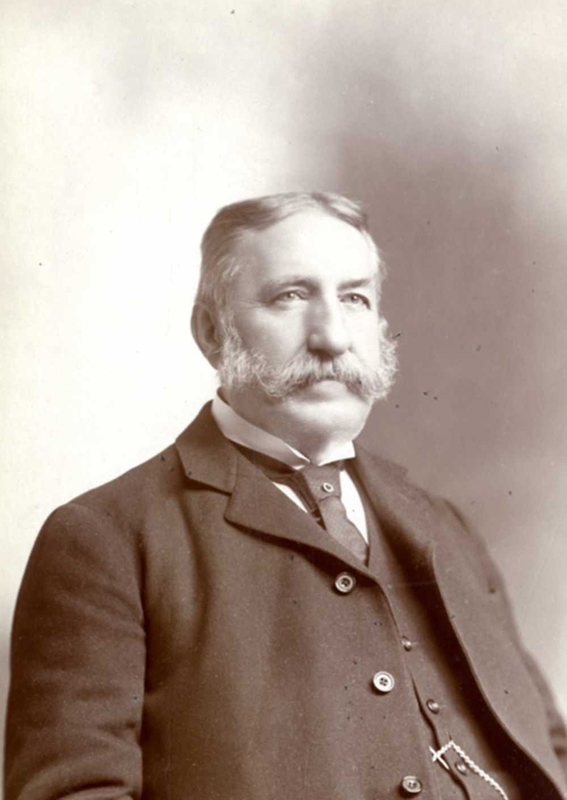Bell Canada started as a division of the Bell Telephone Company, the founder of the telephone. But for the last 140 years, it has been working as an independent company, keeping the name of its founder, Bell, along with it. With time, the company opted for all new technologies, and today, it sits at the top of its rivals in the Canadian telecommunication industry.
About The Company
Bell Canada is a renowned Canadian telecommunication company. The company serves as ILEC (incumbent local exchange carrier) in the Ontario and Quebec region and as a CLEC (competitive local exchange carrier) for its enterprise customers in the western part of the country. The Company has over 13 million active phone lines serving its customers. The company was founded in 1880 and headquarters at Verdun, Quebec, Canada.

The Company specializes in services like fixed-line and mobile telephony, internet services, digital television, radio broadcasting, etc. The subsidiary companies of Bell Canada include Bell Mobility, Bell Aliant, Bell MTS, Virgin Mobile Canada, Bell Internet, Bell Satellite TV, Bell Fibe TV, and Lucky Mobile.
The Back Story of Bell Canada
The History of Bell Canada goes back to the 1870s, almost 140 years back, when Alexander Graham Bell founded the Bell Telephone Company in Boston, Massachusetts. Bell Telephone was successfully providing its services to its American customers, but it lagged in its services in Canada. For few years, the company was offering its services on lease on customers’ private telephones as well as over the subscription of the third-party telecommunications service providers.
The National Bell Telephone Company from Boston acquired the Bell Telephone Company’s Canadian division on 29 April 1980 and renamed it the Bell Telephone Company of Canada Ltd. Charles Fleetford Sise, a U.S. executive was appointed to head the company as its general manager, who later became the key person in the growth of the company.
For about 80 years from its inception, Bell Telephone Company of Canada Ltd. was known as the “The Bell” or “Bell Telephone”, but on 7 March 1968, it was renamed Bell Canada by the Canadian federal legislation. During this time, the company had also started to serve overseas.
In 1974, the company introduced the first 9-1-1 emergency calling system for police, fire, and ambulance services in Ontario and London. The next year, the company installed the world’s largest “Centrex” system for the Alberta Government. The same year, Radio-television and Telecommunications Commission also became a government regulatory body and was used to broadcast bigger events as hockey matches live. On 16 December 1977, the company carried out the first trial for the fiber optic technology in Montreal.
In 1980, the company introduced the first digital switching units, and in 1982, the company launched the first cellular telephone system in Alberta. Bell Canada Enterprises Inc. acquired the rights of Bell Canada and became the parent company of the latter. By 1990, Canada was having the world’s largest contiguous cellular network. In 1992, CRTC (Canadian Radio-television and Telecommunications Commission) opened doors for long-distance competition, and in 1998, the company entered the public phone service sector. Till 1997, the company was having a monopoly in the telecommunication sector in Canada, but the deregulation by the federal government ended the monopoly of Bell Canada by 80%.
Bell Canada entered into a competition with many other telecommunication companies, Rogers Communications, Telus, and Shaw Communications being its major rivals. Still, it continues to be at the top of the telecommunication industry of Canada. As of 2019, the total recorded revenue of the company was C$23.96 billion, and 52,100 people are employed in the company.
The Innovative Mind Behind the Company
Charles Fleetwood Sise Sr. was one of the first presidents of Bell Canada, who is greatly credited for the growth of the company. Sise was born on 27 September 1834 in Portsmouth, New Hampshire. His father was a merchant and had shares in ships. So after getting a basic education till the age of 16, Sise also went on to work on a ship. While working on the ship, he was promoted to become the captain of his ship and sailed across the Atlantic and Pacific oceans.

In 1860, Sise came back to run a ship-brokering business in New Orleans. But just 6-7 years after he started his business, he switched his career to enter the insurance industry. This new career path made him reach the future president of the Bell Telephone Company of Canada, William H. Forbes. Forbes offered him a job as the corporate agent of National Bell Telephone and later sent Sise to Canada to head the Canadian division of National Bell Telephone (Bell Canada).
According to Biographer Robert E. Babe, Sise was one of the most passionate persons when it came to working. He was responsible for the growth of the company, as he was the influential part of most of the big decisions of the company and led many acquisitions of several telephone and telegraph companies in Canada.

Yashica is a Software Engineer turned Content Writer, who loves to write on social causes and expertise in writing technical stuff. She loves to watch movies and explore new places. She believes that you need to live once before you die. So experimenting with her life and career choices, she is trying to live her life to the fullest.